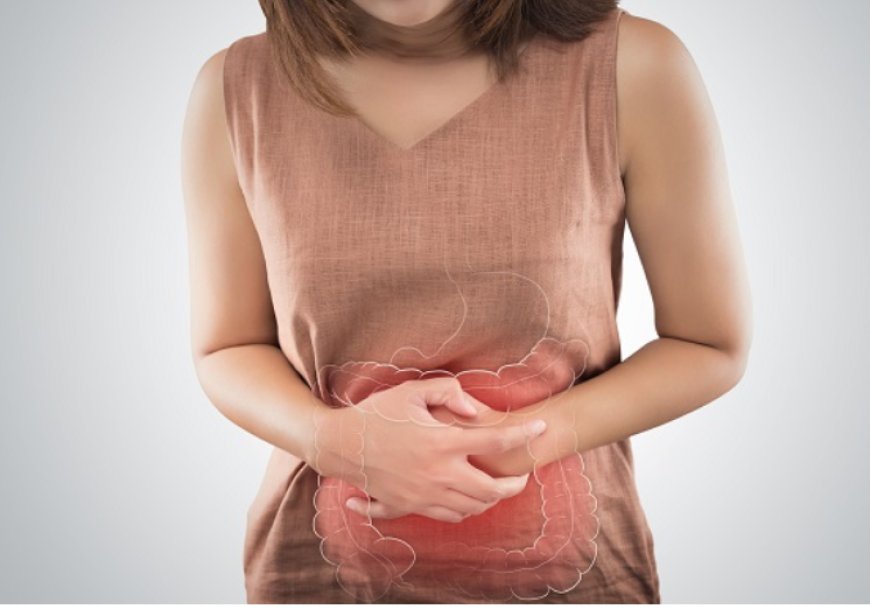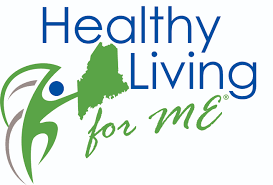The ultimate guide to healing your leaky gut through nutrition & diet.

|
D |
o you feel like your digestive health is out of whack? Are you constantly dealing with digestive issues such as abdominal discomfort and bloat? If so, let's take a look at your diet and nutrition - leaky gut syndrome is on the rise, and it's what's causing your uncomfortable symptoms. In this article, we'll explore how to heal your gut through nutrition and diet - read on to find out how!
What is Leaky Gut Syndrome?
Leaky gut syndrome (LGS) is a condition in which the spaces between the gut wall cells become too large, allowing bacteria and toxins to pass through into the bloodstream. This can lead to inflammation, .food sensitivities, and other problems.
The term "leaky gut" is a bit of a misnomer. It's not that the gut is leaking, per se. Instead, it implies that the cells that make up the gut wall are not tightly joined together as they should be. This allows for things like bacteria and toxins to enter the bloodstream, where they can cause problems
The good news is that LGS is treatable with diet and lifestyle changes. This guide will discuss what LGS is, its symptoms, its causes, and how you can heal your leaky gut through nutrition and diet.
Leaky Gut Syndrome Symptoms
There are many potential symptoms of the leaky gut syndrome. Some people may only experience a few of these, while others may experience many. The most common symptoms include:
• Digestive issues: bloating, gas, diarrhea, const
Causes of Leaky Gut Syndrome
One of the leading causes of the leaky gut syndrome is a diet high in refined sugars and processed foods. These types of foods can damage the delicate lining of the intestines, which leads to a condition called intestinal permeability or "leaky gut." Other common causes of leaky gut include:
-Chronic stress
-Excessive alcohol consumption
-Certain medications (including NSAIDs, antibiotics, and steroids)
-Autoimmune diseases
-Infections (including bacterial, viral, and candida)
Nutritional Solutions for Healing a Leaky Gut
If you're looking for nutritional solutions to heal your leaky gut, you've come to the right place. In this section, we'll discuss the best foods to eat and supplements to heal your gut and get your digestion back on track.
First and foremost, it's essential to eat plenty of high-quality, nourishing foods that will promote gut healing. They include plenty of fresh fruits and vegetables and fermented foods such as sauerkraut, kimchi, and yogurt. These fermented foods are packed with beneficial bacteria that will help to repopulate your gut flora and support a healthy digestive system.
In addition to eating plenty of healing foods, a few specific supplements can help heal a leaky gut. These include probiotics, glutamine, collagen, and omega-3 fatty acids. Probiotics are live bacteria that help maintain a healthy balance of gut flora, while glutamine is an amino acid that helps repair the gut lining. Collagen is another nutrient that helps to heal the gut lining and supports a healthy digestive tract. Omega-3 fatty acids are anti-inflammatory nutrients that help reduce inflammation throughout the body, including in the gut.
Following these nutritional solutions for healing a leaky gut can get your digestion back on track and start feeling your best again!
Foods to Avoid
Some foods can contribute to gut inflammation and should be avoided if you are trying to heal your leaky gut. These include:
-Sugar and processed carbohydrates: These can feed harmful bacteria in the gut and lead to inflammation.
-Dairy: Dairy products can contain harmful bacteria that can damage the gut lining.
-Alcohol: Alcohol can irritate the gut lining and increase inflammation.
-Caffeine: Caffeine can also irritate the gut and lead to inflammation.
-Artificial additives: Artificial sweeteners, flavorings, and colorings can all contribute to gut inflammation.
Foods to Include in Your Diet for Gut Health
In order to heal your gut, it is essential to eat a variety of nutrient-rich foods that will promote healthy gut bacteria. The best foods to include in your diet for gut health include:
1. Probiotic-rich foods: These include yogurt, kefir, sauerkraut, kimchi, and miso. Probiotics help replenish the good bacteria in your gut and support a healthy immune system.
2. Prebiotic-rich foods: These include bananas, garlic, onions, asparagus, and oats. Prebiotics help feed the probiotics (good bacteria) in your gut and promote their growth.
3. Fiber-rich foods: These include whole grains, beans, legumes, vegetables, and fruits. Fiber has the benefit of adding up bulk to your stool and keeps things moving through your digestive system, which is vital for preventing constipation and other digestive issues.
4. Healthy fats: These include olive oil, avocados, nuts, and seeds. Healthy fats are essential for absorbing vitamins and minerals from food and maintaining a healthy weight.
5. Bone broth: This nutrient-rich liquid contains collagen, which helps heal the lining of the gut and improve digestion
Supplements to Support Gut Health
A few essential supplements can help support gut health and healing. First, probiotics are beneficial bacteria that live in the gut and help crowd out harmful bacteria. Probiotics can be found in supplements or fermented foods like yogurt, kefir, sauerkraut, and kimchi.
Second, glutamine is an amino acid that helps heal the gut lining. It can be taken in supplement form or found in bone broth.
Third, omega-3 fatty acids are anti-inflammatory and help to heal the gut lining. They can be found in fatty fish like salmon, sardines, and mackerel or in supplement form.
Fourth, zinc is a mineral that helps with tissue repair and healing. It can be found in meats, nuts, and seeds or as a supplement.
Finally, vitamin A is vital for gut health as it helps to regulate the immune system. Vitamin A can be found in orange and yellow fruits and vegetables, dark leafy greens, liver, egg yolks, and cod liver oil supplements.
Probiotics To Promote Gut Balance
The human gut hosts trillions of microorganisms, including over 500 different species of bacteria. The gut microbiome performs various essential functions, such as helping digestion, producing vitamins and other nutrients, and protecting the body from harmful pathogens. Probiotics are live bacteria that are similar to those found in the human gut and provide many of the same health benefits.
Probiotics have been shown to promote gut health in several ways. They can help restore the balance of good and bad bacteria in the gut, improve digestive function, reduce inflammation, and boost the immune system. Probiotics are available in various supplements and foods, such as yogurt, sauerkraut, kimchi, miso soup, and certain types of cheese.
Probiotics may be worth considering if you're looking to improve your gut health or treat a leaky gut. Be sure to talk with your doctor before starting any probiotic supplement to ensure it's right for you.
Tips for Long-Term Maintenance of a Healthy Gut
Maintaining a healthy gut is critical to optimizing your overall health and well-being. Here are some relevant tips to help you keep your gut in tip-top shape:
1. Eat plenty of fiber. A diet rich in fiber is vital for maintaining a healthy gut microbiome. Fiber helps keep things moving along in your digestive system and provides food for the beneficial bacteria in your gut. Aim to consume at least 25 grams of fiber daily from sources like fruits, vegetables, whole grains, and legumes.
2. Avoid processed foods. Processed foods are often high in sugar and low in fiber, which can disrupt the delicate balance of your gut microbiome. Choose whole, unprocessed foods to give your gut the nutrients it needs to thrive.
3. Eat fermented foods. Fermented foods like yogurt, kimchi, and sauerkraut are excellent probiotic sources that help support healthy gut microbiota. Probiotics promote gut health by helping to crowd out harmful bacteria and keeping things moving along smoothly in the digestive tract.
4. Get enough sleep. Not only is a good night's sleep essential for overall health and well-being, but it's also critical for keeping your gut healthy. Sleep deprivation can lead to an imbalance in the microbiome, so aim for seven to eight hours per night
Conclusion
Everyone wants a healthy gut, and healing your leaky gut through diet and nutrition is an effective way of achieving this. With the proper steps, such as reducing inflammatory foods, consuming probiotic-rich foods and supplements, eating adequate amounts of protein, and adding collagen-rich foods into your daily meals, along with lifestyle modifications like managing stress levels and getting plenty of sleep can help you achieve maximum health by reducing inflammation in your body which eventually improves digestive health. So should you be looking for ways to heal your leaky gut naturally, then there's no better option than diet and nutrition therapy!







